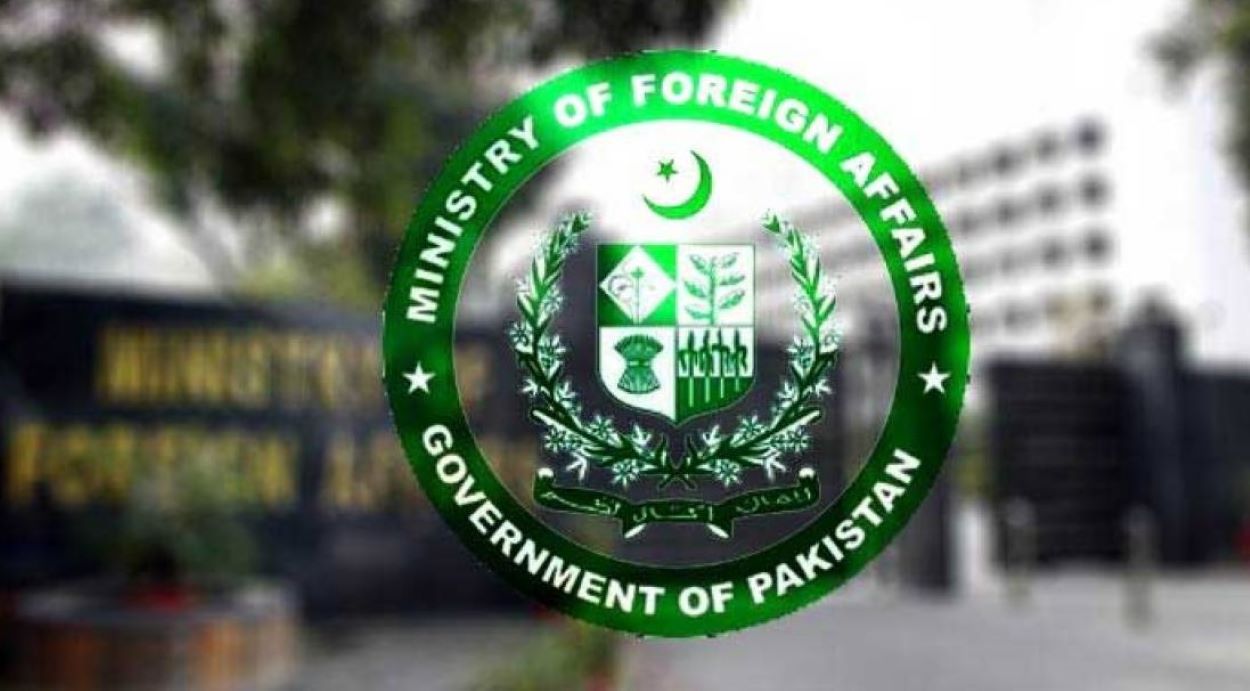Pakistan has publicly condemned the extreme measures imposed on Gaza by Israeli forces, drawing a parallel between the current humanitarian crisis and what they describe as the genocide of Palestinians.
Caretaker Foreign Minister Jalil Abbasi Jillani expressed deep concern over the dire situation, underscoring the lack of necessities like water, healthcare, and food due to the siege.
Speaking to reporters at the Foreign Office in Islamabad, Jillani highlighted the escalating human rights violations, emphasizing that what’s happening in Gaza could be equated with genocide. The foreign minister’s stern remarks come in the wake of Israel’s intensified military operations following an unexpected attack by Hamas.
Escalating Humanitarian Crisis Amid Military Offensive
The Israeli warning for 1.1 million northern Gazans to evacuate signals a looming ground incursion, particularly targeting the Hamas leadership’s stronghold of Gaza City. With over 2,200 casualties reported due to the airstrikes, a significant number of whom are civilians, global apprehension is growing. Jillani unequivocally labelled the actions genocide and aggression, urging Israel to adhere to international laws and UN resolutions acknowledging Palestinians’ rights.
As Jillani pointed out, the conflict stems from seven decades of unlawful occupation, and Pakistan’s narrative equating Palestinian resistance with Israeli aggression is deemed unacceptable. The call for a two-state solution, respecting pre-1967 borders with Al-Quds Al-Sharif as the capital, is a steadfast stance of Pakistan.
International Responses and Dire Predictions for Gaza
As Israel readies for a ground assault, the humanitarian predicament intensifies. The instruction for over a million Palestinians to relocate south has sparked profound distress among humanitarian organizations. The prospect of urban warfare in one of the world’s most densely populated areas, Gaza, is particularly alarming.
Compounding the crisis is the severe shortage of essential supplies due to the Israeli blockade, with warnings of an unparalleled humanitarian disaster. Displaced individuals like Jumaa Nasser voice the desperation of those affected, facing uncertainty and scarcity. The World Health Organisation has starkly criticized the forced evacuations amidst the conflict.
In the realm of international diplomacy, efforts for a ceasefire are underway. China’s envoy, upcoming Middle Eastern visits, and Saudi Arabia’s advocacy for an immediate ceasefire indicate global urgency. Nonetheless, amidst diplomatic dialogues, the feasibility of evacuation plans remains questionable, with anticipations of an unprecedented humanitarian catastrophe.






